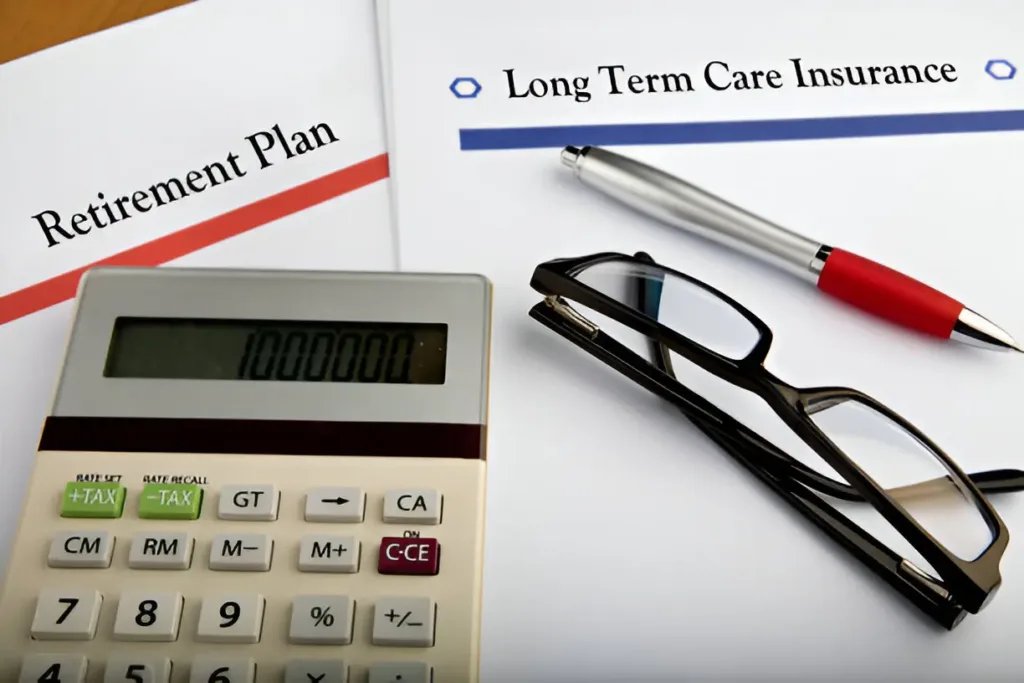Navigating the financial landscape can be a daunting task, especially when you have bad credit. Many people find themselves asking whether it is even possible to obtain a loan with a less-than-perfect credit score. Fortunately, there are options available, such as Payday Bad Credit that can provide the financial assistance you need despite your credit history.
Understanding Bad Credit
Before delving into the specifics of loans for bad credit, it’s essential to understand what bad credit means. In the UK, credit scores are typically provided by agencies such as Experian, Equifax, and TransUnion. Scores range from 0 to 999, with anything below 560 often considered poor or very poor. A low credit score usually results from missed or late payments, defaults, or even having relatively little credit history.
Types of Loans Available for Bad Credit
If you have bad credit, conventional loans from banks or credit unions might not be easily accessible. However, several types of loans are specifically designed for individuals with poor credit:
- Personal Loans: These are unsecured loans that can be used for various purposes such as consolidating debt, financing a big purchase, or covering unexpected expenses.
- Secured Loans: These loans require collateral, such as a car or home, which can be repossessed by the lender if you default on the loan.
- Guarantor Loans: These require a guarantor, someone with a good credit score who agrees to repay the loan if you’re unable to.
- Payday Loans: Short-term, high-interest loans designed to be repaid by your next payday. These should be used cautiously due to their high cost.
Interest Rates and Fees
One of the most significant considerations when taking out a loan with bad credit is the interest rate. Lenders see individuals with low credit scores as high-risk borrowers. As a result, the interest rates and fees associated with bad credit loans are often higher than those for borrowers with good credit. It’s vital to read the terms and conditions carefully and understand the total repayment amount before committing.
Improving Your Chances of Approval
While having bad credit can limit your loan options, there are steps you can take to improve your chances of approval:
- Check Your Credit Report: Obtain your credit report from the major credit agencies and correct any errors that may be negatively impacting your score.
- Show Stability: Lenders prefer borrowers who have a stable income and job history. Showing proof of a steady income can improve your chances of approval.
- Apply with a Cosigner: If you have someone with a good credit score willing to co-sign your loan, it can significantly increase your chances of getting approved.
- Consider Smaller Loans: Applying for a smaller loan amount can increase your chances of approval and reduce the risk to the lender.
Responsible Borrowing
Taking out a loan when you have bad credit should be done cautiously. Consider whether you truly need the loan and if you can afford the repayments. Falling behind on a loan can further damage your credit score, making it even harder to obtain credit in the future.
It’s also wise to avoid multiple loan applications in a short period, as each application can result in a hard inquiry on your credit report, which may lower your score slightly.
Conclusion
While having bad credit can make obtaining a loan more challenging, it’s not impossible. Various loan options are available that cater to individuals with poor credit scores. By understanding the terms, improving your financial stability, and borrowing responsibly, you can navigate the complexities.
Also Read-
